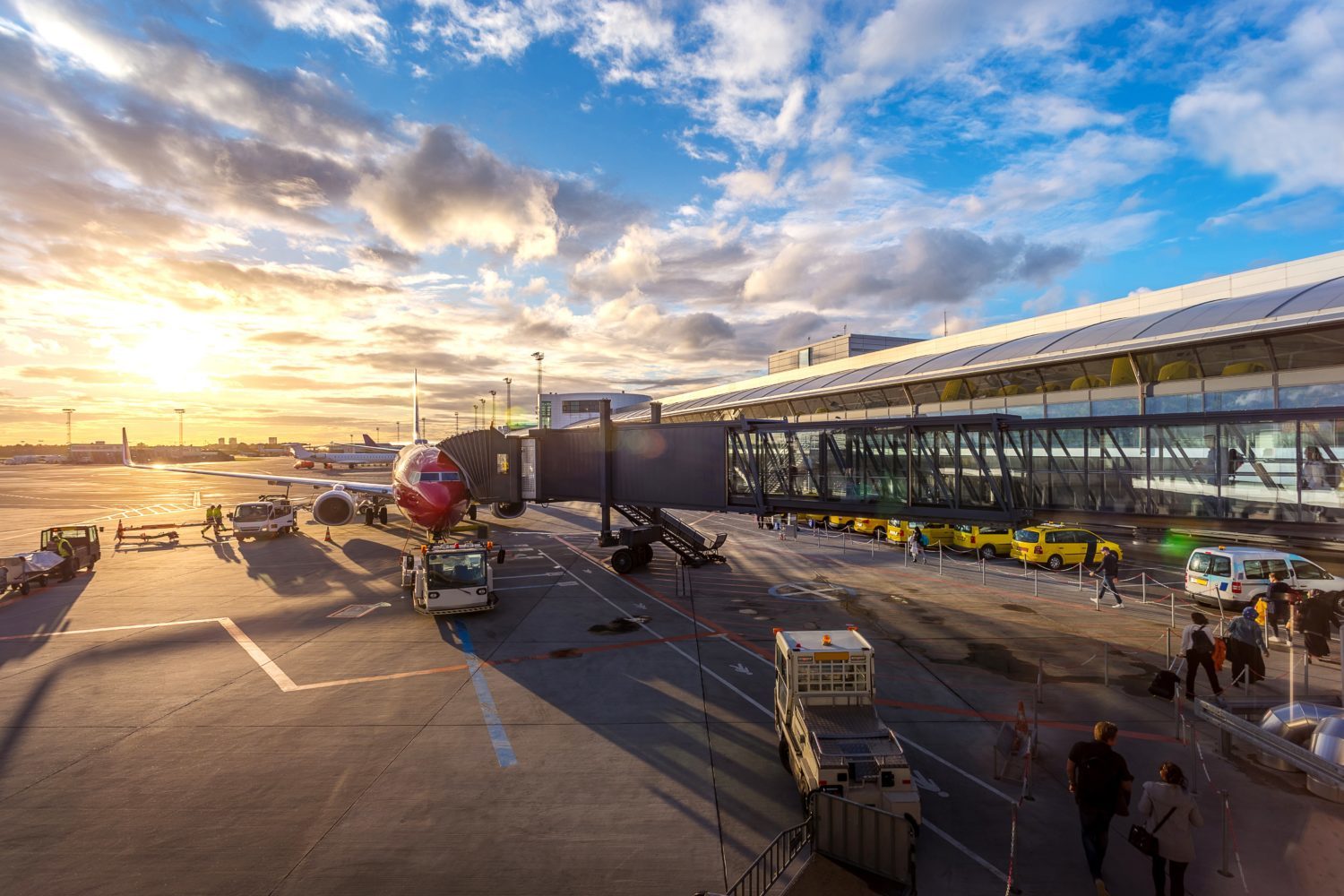In a previous article (“The Inspection Process in U.S. Airports and Ports of Entry”) we discussed that all travelers entering the U.S. must undergo an inspection by U.S. Customs and Border Protection (“CBP”). We advised that the purpose of this inspection is to ensure that travelers are legally eligible to enter (as a U.S. citizen or otherwise), and that their belongings are not being introduced into the U.S. contrary to law. Travelers are only permitted to enter the U.S. once the inspection process has been completed.
We further discussed that upon arrival in the U.S., travelers are required to present themselves to CBP for “primary inspection”. In “primary inspection”, a CBP officer obtains information directly from the traveler via his/her presented documents and/or verbal communication to determine if the traveler can enter the U.S. If the CBP officers is unable to make this determination without additional documents and information, the traveler is referred to “secondary inspection” to undergo a more detailed and thorough inspection.
What are your rights in U.S. airports and ports of entry?
- You cannot have a lawyer represent you when you attempt to enter the U.S.;
- You are not allowed to call anyone if problems occur during your inspection;
- Your bags and personal belongings can be searched without your permission;
- CBP officials can ask you almost any question.
- a. Visa holders and tourists from visa waiver countries – You must answer all questions or may be denied entry.
Note: You may not be selected for questioning based on your religion, race, national origin, gender, ethnicity, or political beliefs. - b. U.S. citizens – You must only answer questions establishing your identity.
Note: Refusal to answer questions about the nature and purpose of your travel could result in delay and/or further inspection. - c. Legal permanent residents – You must only answer questions establishing your identity and permanent residency.
Note: Refusal to answer other questions could result in delay and/or further inspection but you may not be denied entry for that reason.
- a. Visa holders and tourists from visa waiver countries – You must answer all questions or may be denied entry.
For more information about your rights or any other immigration matter, contact the Law Offices of Azita M. Mojarad, P.C. by e-mailing azita@azitalaw.com or calling (312) 641-0771.
